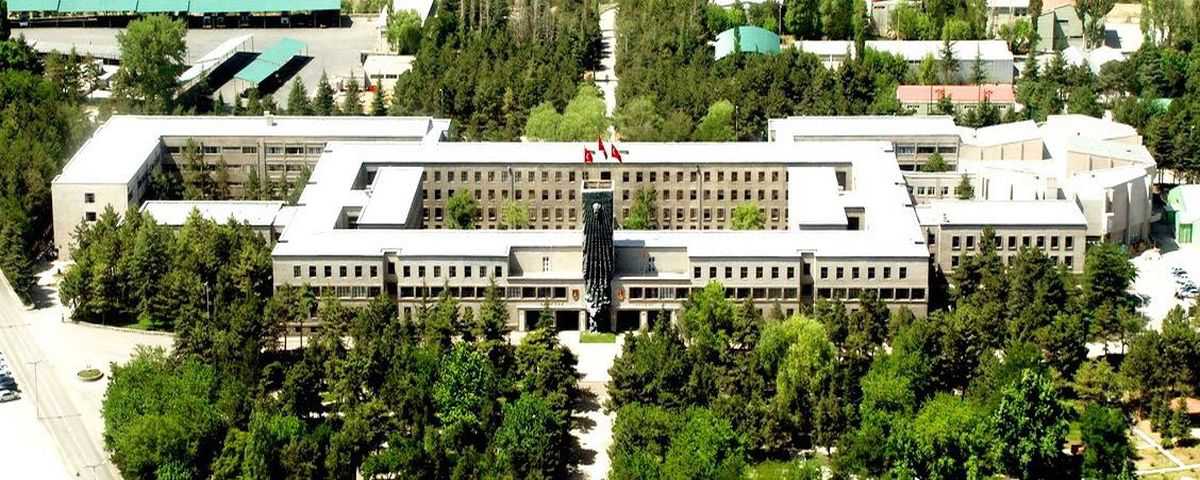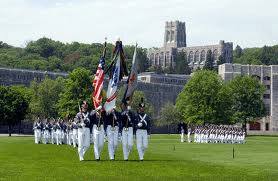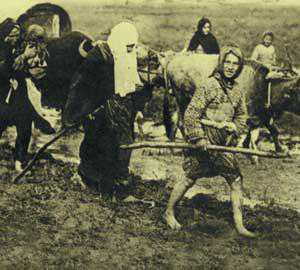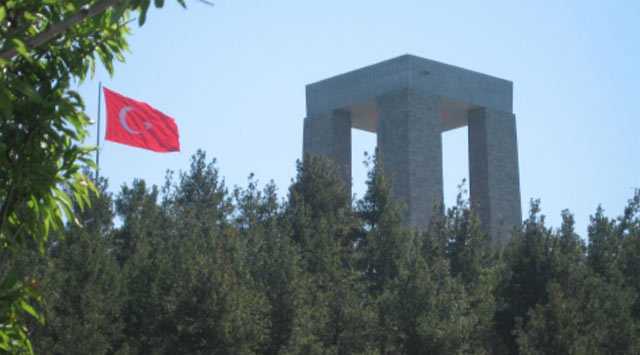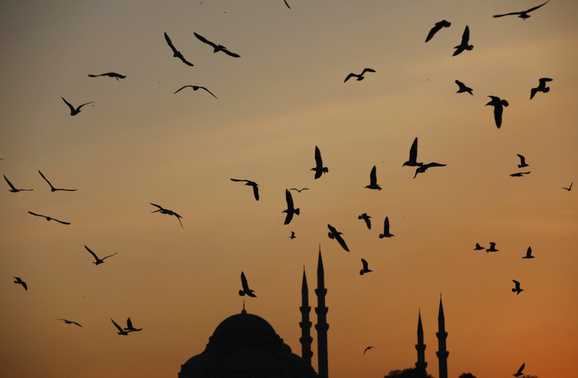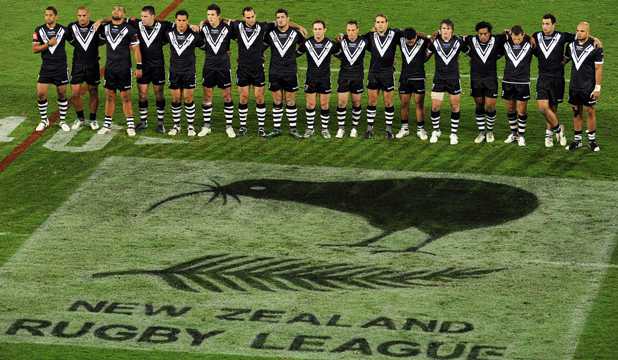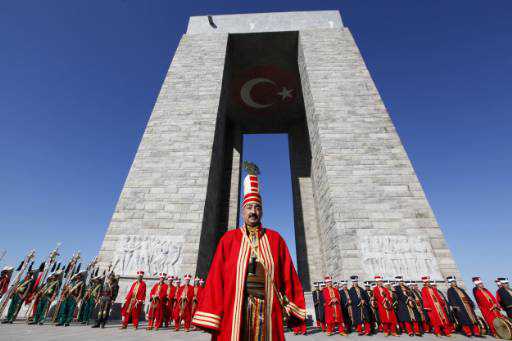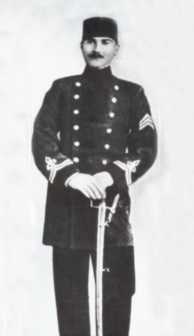
17 March 2014
Today, the Black Sea rages red.
Today, the missiles of the west tremble in anticipation.
And today, the Turkish navy sends a task force on a three-month circumnavigation around Africa.
How nice.
In the face of great strategic uncertainty and dangerous border vulnerability, such is what passes for a strategic maneuver.
Such is the condition of military thinking in the demolished Turkish military.
How sad.
The Turkish military, the true founder of modern Turkey.
It had hurled the western occupying imperialist powers into the sea.
The Turkish military, the pride of Atatürk.
But that was then. And today is today. And the general staff now bow their collective heads to the politicians. Bow their heads!
“Don’t fall into the temptation of trying to please pea-brains,” said Mustafa Kemal to his fellow officer, Ahmet Cemal, in 1910. “If you condescend to gain strength from the favor of this or that man, you may get it at present, but you’ll have a rotten future.”
Today, Turkey is already experiencing such a rotten future. And we already know the pea-brains.
Today, I learned that one of the pea-brains decreed that Turkish military cadets may no longer apply to West Point. Extremely competitive, acceptance there requires sponsorship by the government. Instead they will be applying to the Chinese and Korean academies. This is a major shift in Turkish foreign policy. This is a de-westernization of its best and brightest youth.
And then I thought of my first meeting with Mustafa Kemal.
My senior year at West Point, the winter of 1962.
I am fully absorbed in a course entitled The History of the Military Art.
We are now studying World War I. Except for its first few weeks of brilliant German maneuvers, it’s a blood-ridden, boring stalemate, a slaughterhouse in the trenches.
One day after class, I visit the Cadet Bookstore.
I see Gallipoli, by Alan Moorehead, an Australian by birth.
I purchase it, outside reading never hurts.
Moorehead introduces Kemal to me on page nine:
“There was one name, more important than all the rest, that is missing from the list of guests at Harold Nicholson’s dinner party.” (Nicholson was junior secretary in the British Embassy)
“He waited in resentful claustrophobia for the opportunity that never came.”
“Through all these chaotic years it was Kemal’s galling fate to take orders from this man.” (Enver)
“No one in his wildest dreams would have imagined that half a century later Kemal’s name would be reverenced all over Turkey, that every child at school would know by heart the gaunt lines of his face, the grim mouth and the washed eyes, while his spectacular rival would be all but forgotten.”
Who was this Kemal? My professors had never mentioned him, nor had our textbooks. We had studied Napoleon and Lee and Stonewall Jackson and Grant and Eisenhower and Guderian and Rommel and MacArthur. But about this Kemal, not a word.
I could not stop reading my new book, Page 129: “It was at this point that Mustafa Kemal arrived.” (It was at Chanuk Bair.)
“Kemal’s astonishing career as a commanding officer dates from this moment.”
And from this point, the book “belongs” to Mustafa Kemal.
His “air of inspired desperation.”
His “fanatical attack on the Anzac beachhead all afternoon.”
His reconnaissance during the cease fire: “It was even said that Kemal had disguised himself as a sergeant and had spent the whole nine hours with various burial parties close to the Anzac trenches.”
His detailed journal: “He always sees the battle from a fresh point of view.”
His prophecy of the landing at Suvla: “From the 6th August onwards the enemy’s plans turned out just as I expected. I could not imagine the feelings of those who, two months before, had insisted on not accepting my explanations….They had allowed the whole situation to become critical and the nation to be exposed to very great danger.”
Mustafa Kemal, the savior, the father, the inspiration of the Turkish people, or at least those who are able to comprehend his genius.
And so I graduated from West Point and did my duty.
And so went the years and the decades and by a quirk of fate I came to Turkey.
And then I read another book: Atatürk: The Biography of the Founder of Modern Turkey by Andrew Mango.
And after that I read more and more books about this splendid man and I read his writings too. And I realized how my earlier education at West Point had been severely flawed.
Why?
Because Atatürk was the exemplar of the soldier-statesman we all should have studied and emulated. My god, he had won and built a nation. He had defeated the dark-minded forces that had enslaved the minds of Turkish men and women for centuries. He was a liberator beyond compare. Military, political, social, economical, educational, philosophical, cultural…he had mastered and implemented all the arts of modernization. He had given to all an explosive burst of genuine freedom. Indeed, he had set the way to an incomparable secular, democratic, republic of Turkey. And we, in the greatest military academy in the world, failed to know anything about him!
How I wish now that sixty years ago I had a Turkish cadet classmate at West Point. How he could have inspired us all with the full story of Mustafa Kemal Atatürk. And how enlightening it would have been for West Point and the “West.”
One night soon after I had arrived in Turkey, I went to a concert at the AKM. AKM stands for the Atatürk Cultural Center. It was a splendid concert auditorium with a vast stage for theater and ballet. It has since been left to ruin by the abominable government that now rules this fast-fading country. Outside were parked numerous buses. Inside was a contingent of cadets from a local military high school. I struck up a conversation. They all spoke perfect English.
“So what’s next for you guys?” I asked.
“I’m going to West Point next year,” one answered with a confident pride.
“Really?” I said, “I went there.”
He was as surprised as I was.
He was a solid kid, like all of them, facing an uncertain future. And I thought of myself, so unknowing, so long ago.
“You will have a great advantage at West Point, you know, with your military preparation,” I said.
He shrugged his shoulders. “I hope so, sir.”
“You will,” I said, “More than any of them there now.”
“Why is that, sir?”
“You have Atatürk,” I said. “And make sure you tell all of them all you know about him. Share him!”
And then the bell sounded softly three times. Last call. We said goodbye and scattered to our seats.
I wonder now about those splendid boys… By now they are officers. Army? Navy? Air Force? Are any in jail due to the ongoing criminal and nonsensical conspiracy of the CIA, Fethullah Gülen, and Recep Tayyip Erdoğan to destroy the Turkish military and Mustafa Kemal?
The decision to abandon West Point training, made by someone somewhere in the Turkish chain of command, is a particularly harmful one. It insults the wise heritage of Mustafa Kemal. It severs the alliance of American and Turkish military academy-trained officers. And it stinks of political opportunism and ignorance. But those details can be debated some other day, hopefully by the young Turkish cadets who will easily see the profoundly catastrophic effects of a military turning its back on the world’s preeminent military institution. It’s a decision that penalizes both West Point and the Turkish Military Academy. It’s a decision made by those pea-brains, domestic and foreign, who today cause such havoc in Turkey.
If we don’t wise up now, when will we?
James (Cem) Ryan
Istanbul
17 March 2014
Brightening Glance, http://www.brighteningglance.org


